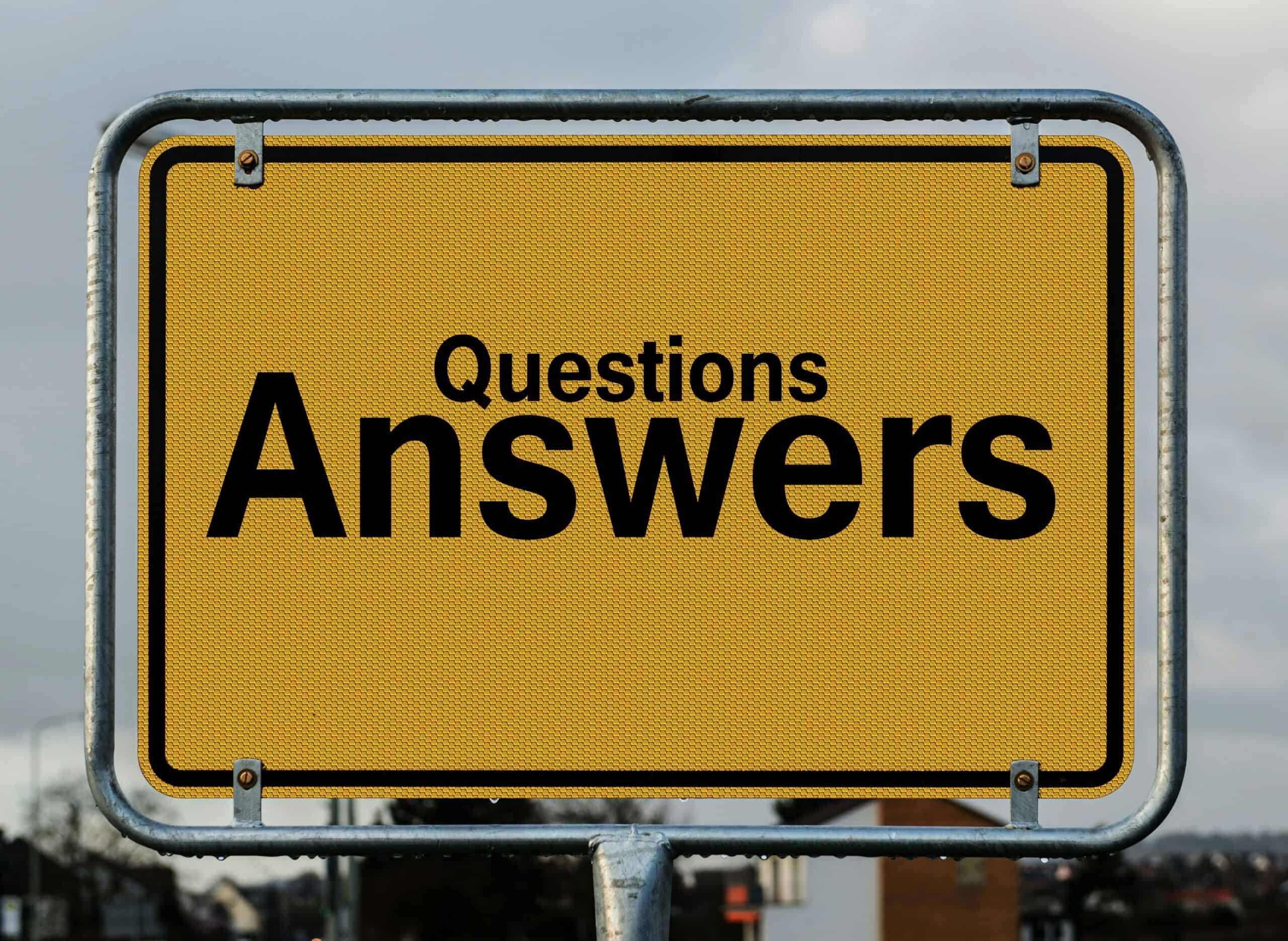
Stats on Small Businesses in the US
Small businesses remain a vital and highly regarded part of the U.S. economy. According to Pew Research, 86% of U.S. adults feel small businesses positively impact the country, ranking them higher than even the military or religious institutions. Small businesses are everywhere: they make up 99.9% of U.S. firms, according to the Small Business Administration. Out of 33 million small businesses, only about 6 million have employees, yet they provide nearly half (46%) of private-sector jobs.











